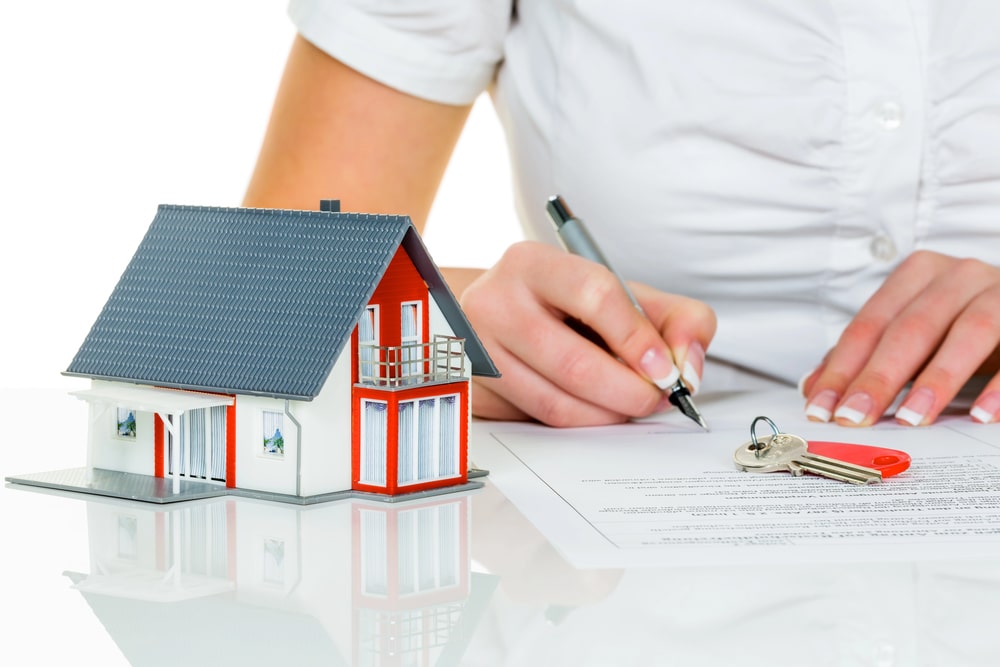Essential Tax Tips for Real Estate Investors in East Brunswick and Surrounding Areas
 If you're a real estate investor in East Brunswick or anywhere in Middlesex County, you're already in a thriving market. Property values have been climbing steadily, and rental demand remains strong. But here’s a question: Are your tax strategies working as hard as your properties?
If you're a real estate investor in East Brunswick or anywhere in Middlesex County, you're already in a thriving market. Property values have been climbing steadily, and rental demand remains strong. But here’s a question: Are your tax strategies working as hard as your properties?
Real estate is one of the most powerful paths to long-term wealth—but without smart tax planning, a big chunk of your profits could go straight to the IRS. We specialize in helping local investors like you optimize returns, reduce liability, and stay IRS-compliant.
Here are the tax-saving strategies every East Brunswick investor should know.
1. Understand Your Local and Federal Tax Landscape
While every investor deals with federal taxes, New Jersey brings its own set of rules to the table—especially in municipalities like East Brunswick.
You need to watch out for:
-
Local property taxes, which in East Brunswick average around $9,800 per year (as of 2024).
-
Realty transfer fees, which apply when you sell a property—ranging from 0.4% to 1% depending on the sale price.
-
New Jersey state income tax on rental income and capital gains.
These layers make local expertise essential. Strategies that work in another state may backfire here. That's why having a tax advisor who knows New Jersey and your township is critical.
2. Take Advantage of Every Deduction You’re Entitled To
Far too many investors miss valuable deductions simply because they’re unaware or don’t keep clean records.
Here’s what you should track and deduct:
-
Mortgage interest – One of the biggest deductions available.
-
Depreciation – A powerful tool that spreads the cost of your property over 27.5 years.
-
Repairs (but not improvements) – Replacing a leaky faucet? Deduct it. Renovating a kitchen? That’s capitalized.
-
Insurance premiums – Including landlord, fire, flood, and liability coverage.
-
Travel and vehicle mileage – Visiting a property in New Brunswick or Edison? Track those miles.
-
Professional fees – Yes, CPA fees are deductible.
Example: If you spent $2,500 on roof repairs, that can be deducted in full in the year it was done—lowering your taxable income immediately.
3. Choose the Right Business Structure
Still reporting rental income on your personal return? That’s fine if you have one property—but it could expose you legally and financially.
Here’s why many East Brunswick investors set up an LLC:
-
Liability protection – Keeps your personal assets safe from lawsuits.
-
Pass-through taxation – Income passes through to your personal tax return without double taxation.
Tip: In New Jersey, forming an LLC costs around $125, plus an annual report fee. But the protection and flexibility often make it well worth it.
4. Selling? Use a 1031 Exchange to Defer Capital Gains
Let’s say you bought a duplex in East Brunswick for $400,000 and are selling it for $525,000. That’s a $125,000 gain—and without proper planning, a chunk of that could go to taxes.
With a 1031 exchange, you can defer capital gains tax by reinvesting the proceeds into another investment property. But there are rules:
-
You must identify the new property within 45 days.
-
You must close on it within 180 days.
Local Insight: With tight inventory in Middlesex County, finding a replacement property can be tricky—so you’ll want a CPA and real estate agent working in sync from day one.
5. Real Estate Professional Status = Real Tax Savings
The IRS treats most rental losses as “passive”—which means you can’t always deduct them against regular income. But if you qualify as a real estate professional, you can.
Requirements:
-
Spend 750+ hours/year on real estate activities.
-
Real estate must be your primary occupation.
Client example: One East Brunswick investor we work with qualified by self-managing four properties. She was able to deduct over $20,000 in rental losses—something she couldn't do the year prior.
6. Renting on Airbnb or VRBO? Know the Local Rules
Short-term rentals can be profitable—but they’re also tax tricky.
If you rent out your property for fewer than 14 days per year, it might be completely tax-free. More than that? You may owe:
-
Federal income tax
-
Self-employment tax
-
Occupancy taxes based on East Brunswick ordinances
Be aware: Some New Jersey municipalities require permits for short-term rentals, and the IRS treats them differently than long-term leases.
7. Common Mistakes That Cost Investors Thousands
Avoid these pitfalls to stay IRS-compliant and financially healthy:
-
Mixing personal and rental expenses
-
Failing to recapture depreciation at sale
-
Missing estimated tax deadlines
-
Misclassifying capital improvements as repairs
Pro Tip: Use a simple spreadsheet or bookkeeping software to track income, expenses, and improvements throughout the year.
8. Why Working with a Local CPA Changes Everything
The best way to reduce your tax bill? Work with someone who knows:
-
Local laws
-
Federal strategy
-
Real estate inside and out
At Demain & Company, CPAs, we’ve helped East Brunswick investors:
-
Save tens of thousands on 1031 exchanges
-
Reclaim missed deductions
-
Navigate IRS audits with confidence
If you're investing in real estate, taxes aren't just a cost—they’re a strategic lever. The smarter your tax plan, the stronger your financial future.
Want to reduce your next tax bill?
Need help setting up an LLC or planning a 1031 exchange?
Not sure what deductions you’re missing?
Let’s talk.
Schedule your free consultation to see how we can help you grow smarter.